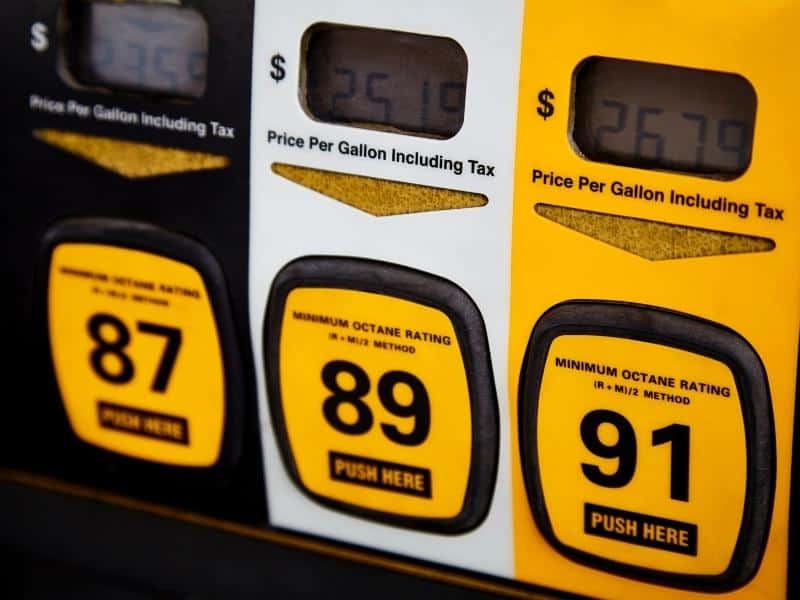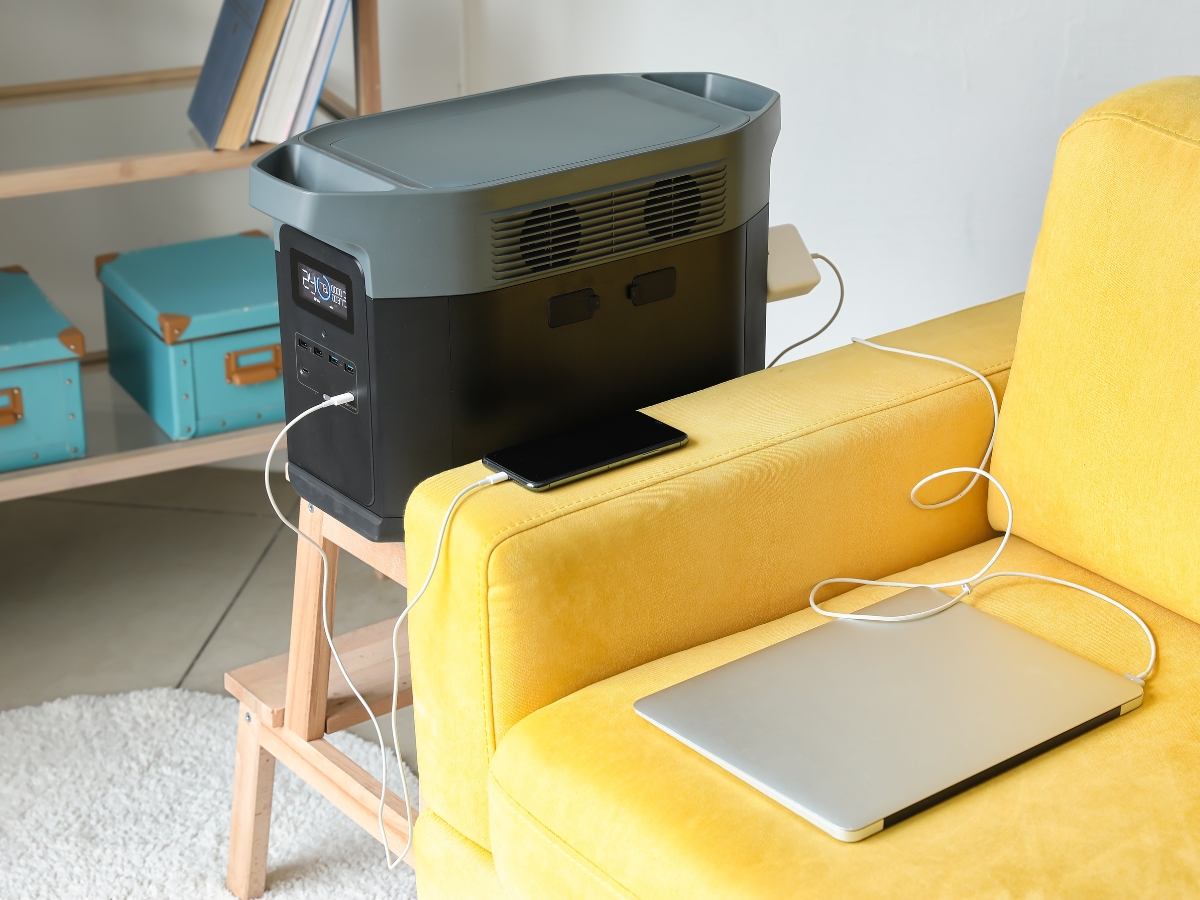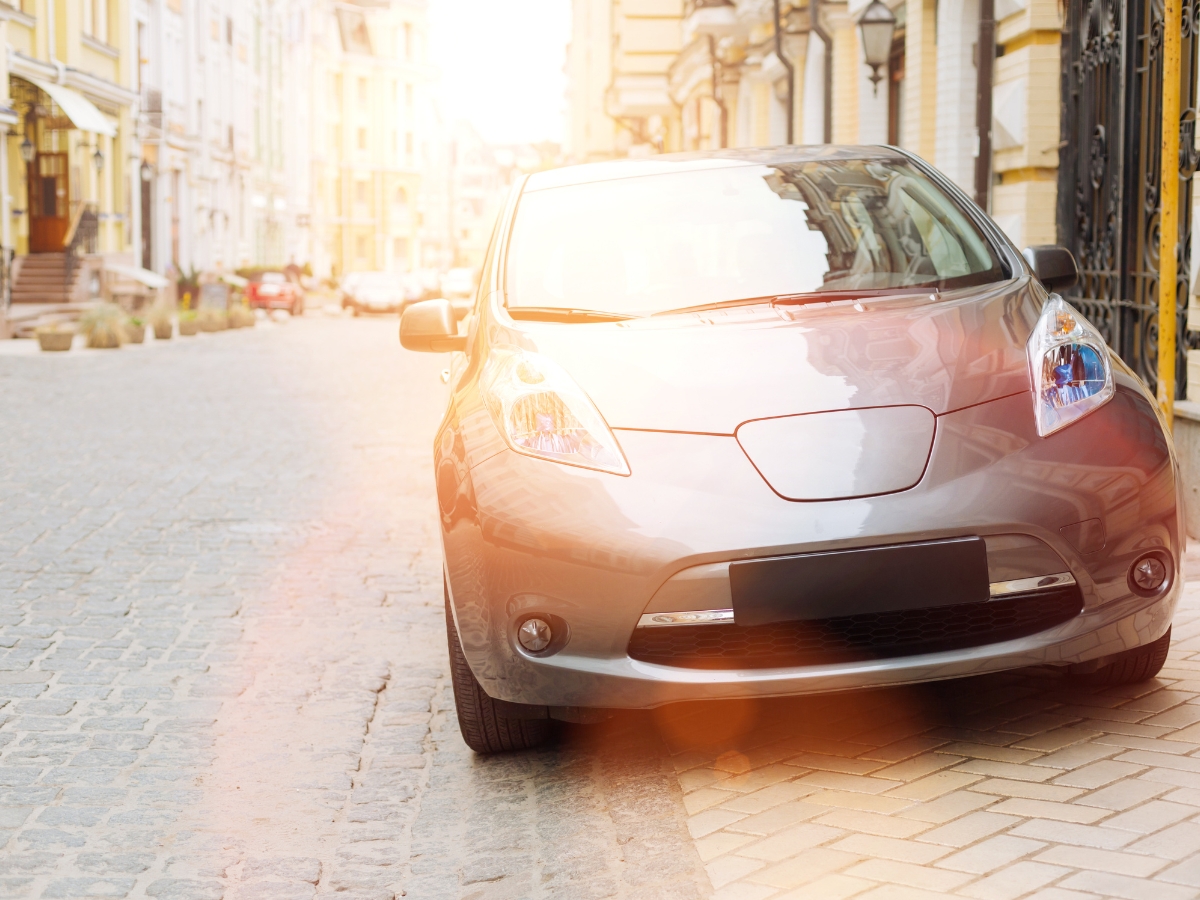If you have a generator that runs on gas, you might be wondering whether you can use premium gas in it. Isn’t premium gas better than regular gas?
I’ll answer that question in this article, plus some other key points:
- Using premium gas in your generator
- Alternatives to using premium gas in a generator
- Best gas to use in a generator
Find next all the information about this topic, which will allow you to use your generator in a more efficient way with the right fuel for it.

The Good and Bad About Using Premium Gas in a Generator
Advantages
- It’s an easy fuel source to get.
- It is easy to operate a gasoline generator.
- It’s an ideal fuel for use with portable and standby generators.
Disadvantages
- It only lasts 12 months.
- It’s extremely flammable and poses a serious safety hazard if it’s left on site
- It’s very costly, and the demand always goes up during emergencies.
- It’s the most unsuitable fuel for freezing temperatures when compared with other fuel sources.
Don’t Use Premium Gas in Your Generator If It’s Small
Small engines don’t have a lot of compressions. Using premium gas in your generator won’t hurt the engine, but you’ll waste money since it’s more expensive.
When a vehicle doesn’t require premium gas, it won’t improve performance or fuel-efficiency. It’s not necessarily cleaner or more efficient. If you keep your generator fuel fresh and your carburetor clean, then regular octane gas is fine.
Premium gas is only necessary if your generator has high compression – you can find this information in your owner’s manual.
What Does Matter When Choosing a Fuel for a Generator?
Buy Fresh Gas.
Fresh gas is important when running a small engine. It’s best to choose a gas company that does its own refining, such as Marathon, Valero, Phillips, or ExxonMobile. That way you can be sure your fuel is as fresh as possible.
Invest in Quality Fuel.
More expensive doesn’t always mean better, but don’t buy the cheapest brand either.
Consider going with a Top Tier Fuel; these have additional detergents to prevent gum and carbon buildup in the most important parts of the engine and maintain performance.
Fuel Should Be Stored in Plastic Cans with a Fuel Stabilizer Added To Keep It Fresh.
As a rule of thumb, only buy 30 days’ worth of fuel at one time, and drain the carburetor before storing. Once the season ends, you won’t have any extra fuel because you’ll have used what you have.
Stay Away from Ethanol.
Ethanol is made from corn. It’s usually mixed with 10 or 15 percent gasoline. Even though it’s become very popular, ethanol does not work well in small engines. It settles down to the bottom of the fuel tank when it attracts moisture from the air.
When this watered-down fuel is introduced into the engine, it can cause problems. It’s also acidic and extremely hot, causing irreparable damage through overheating.
It’s best to use gasoline without ethanol for small engines. If you do decide to use it, make sure it contains no more than 10% ethanol, and treat it to prevent it from separating.
How Much Fuel Does a Generator Use?
It depends on how many appliances you have connected to the generator. To figure how much fuel your generator will use, you need to know how much energy each appliance you want to use on the generator requires.
Here are some typical energy needs for different appliances:
- Central air conditioning – 3500 watts
- Two-cup coffee maker – 600 watts
- Microwave – 1800 watts
- Medium-size electric range – 1800 watts
- Freezer – 65 watts
- Large refrigerator – 780 watts
- Living room lights – 60 watts
- Television – 80 watts
- Gas washer – 850 watts
- Gas dryer – 3400 watts
- Garage door – 1000 watts
If you add up the wattages of the appliances you plan to use on the generator, you’ll have a better idea of what size generator you need.
In general, the average homeowner will most likely use 3000 to 6500 watts to run their home appliances, so they’d need a 3 to 6.5-kilowatt generator.
How Do You Figure Out How Much It Costs To Run a Generator?
A 5-kilowatt gas generator burns about .75 gallons of fuel per hour. Multiply that times the cost of the type of gasoline you want to use, and you’ll get an idea of how much it will cost to run a generator.
So for example, if you wanted to run a 5-kilowatt gas generator for 24 hours using premium gasoline, and the current price of premium gasoline is about 3.86 a gallon, it would cost 69.48 to run a 5-kilowatt gas generator for 24 hours with premium gasoline.
What If Your Generator Requires Premium Gas and It Isn’t Available?
Older generators may be prone to engine knock if they run on lower octane fuel than they require, but modern ones have sensors that the engine’s computer monitors to prevent it. This prevents engine damage.
Your generator will probably be fine running on regular gasoline when needed because the engine’s computer can make adjustments.
But don’t use regular gasoline on a regular basis if your generator requires premium gas.
If you use a lower grade fuel than is recommended, a modern generator’s electronic control unit can make up for the different octane levels and adjust accordingly. Your horsepower will go down, and CO2 emissions will go up.
What Kind of Gas Should You Use as Generator Fuel?
If your generator is less than 15 years old, using E10 is probably okay as long as it doesn’t go stale. In general, the problem with E10 fuel is that it attracts and holds water.
The only way to avoid this is to not let it sit around long enough to do any damage. Don’t use additives that are 100% alcohol like STP or HEET because they’ll just attract more water.
Don’t ever use gasoline over E10 in a generator with a small engine unless it’s designed for higher ethanol gasoline.
That’s what you need to know about whether a generator can use premium gas. When you purchase a generator, be sure to check the owner’s manual to find out which gasoline works best in your generator, and stick to that as much as you can.
Sources:




